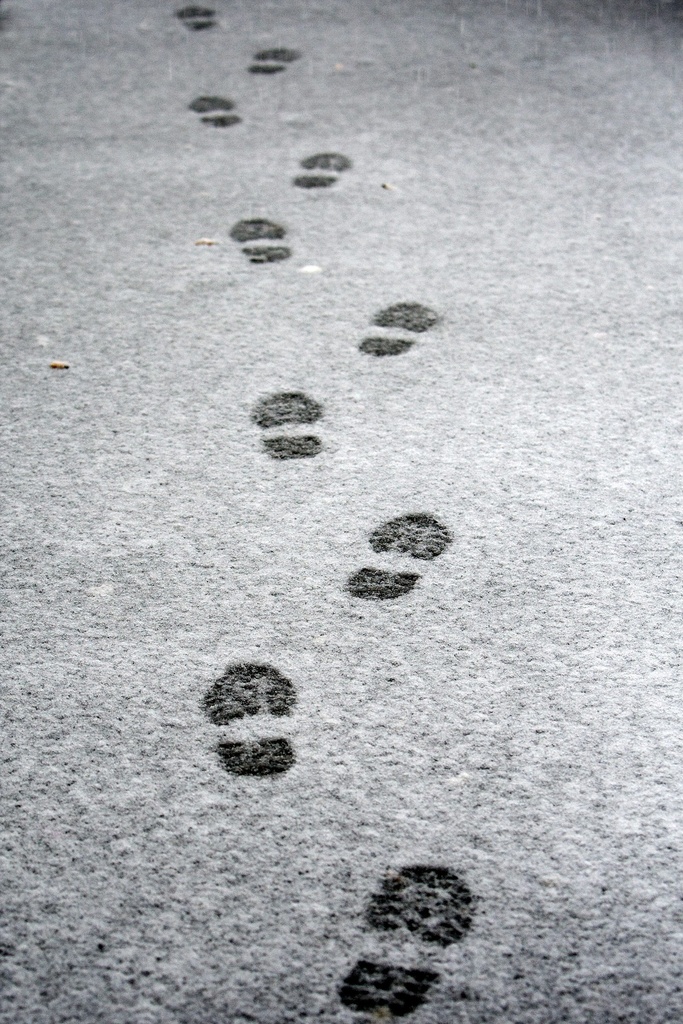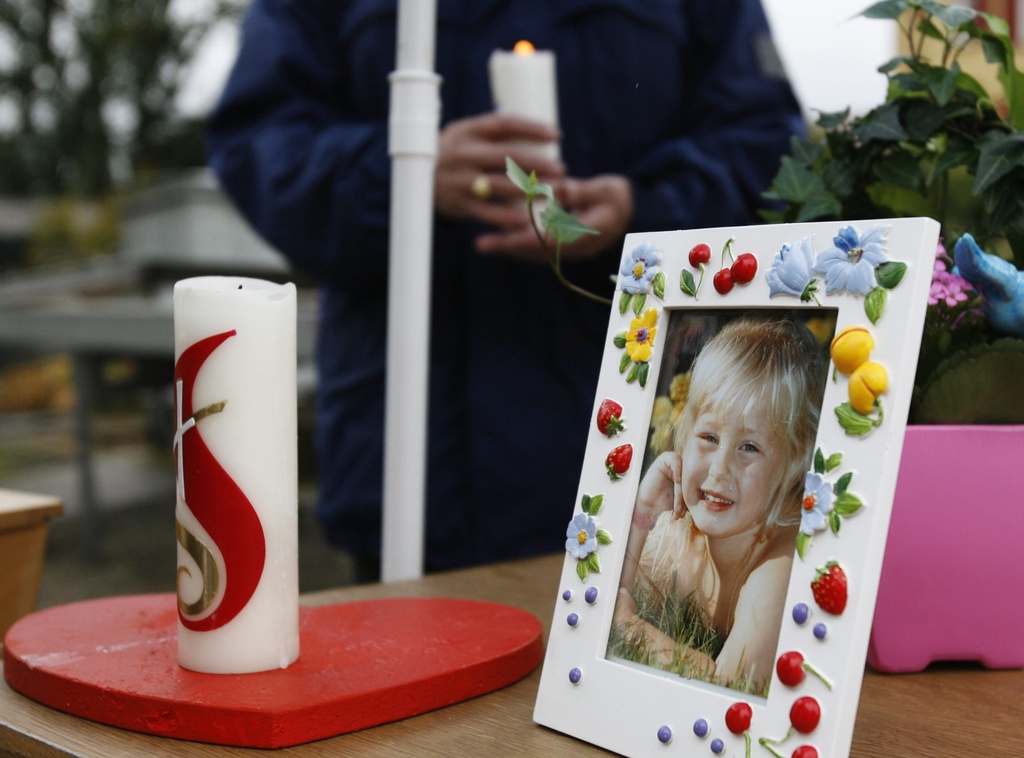Missing persons searches given helping hand

Around 5,000 people go missing in Switzerland every year – the most recent high profile case being that of the twins Alessia and Livia, abducted by their father.
Often those who disappear do so without warning, leaving loved ones in a state of anguish. The foundation SwissMissing is on hand to help.
“The saddest and most tragic month is August,” Ivan Schmidt, president of SwissMissing, told swissinfo.ch. “As it’s hot, people don’t think twice about leaving home – there’s no problem in finding somewhere to sleep in the open.”
People of all ages go missing and for many reasons, says Schmidt. “In most cases, it’s people with mental health or social problems, such as in the family.”
The number of kidnappings and abductions – such as the case of the twins taken from near Lausanne who have not yet been found, with only a few leads since their father’s suicide – is very low. “It’s around 100 cases a year,” said Schmidt.
SwissMissing was founded in 2007 and is involved in gathering, collating, publishing and disseminating information relating to the search for missing persons within Switzerland. The idea arose from personal experience, says Schmidt.
“I have a friend whose child disappeared. While I was helping out, I realised that there were still several gaps in the search procedure, particularly concerning the coordination of those involved in finding missing persons,” he said.
The Federal Police Office’s missing persons’ site is, for example, not always updated, Schmidt explained.
“It’s not through lack of will, but because publishing a missing person’s notice needs the authorisation of the canton in question.” Also, sometimes the family does not want to go public.
Text messages, sniffer dogs
Schmidt says that 99 per cent of Swiss police forces send him information. SwissMissing also uses several systems to publicise missing people alerts, such as via text messages through its Swiss Alert System, and social networking platforms.
“We have created a Facebook network and several other international networks through which we can reach tens of thousands of people within a very short time.”
Since the end of 2010, SwissMissing has been playing a more active role in searches as well. In a national campaign it called on dog owners to volunteer their animals for mantrailing in which trained sniffer dogs track an individual’s scent from an object belonging to the missing person.
“We have around 30 volunteers and for example, we participated in the search for the twins which took place at Confignon in canton Geneva,” Schmidt said.
But they are not competing with the police, stresses the president of SwissMissing and only act according to the police or family’s wishes. They always inform the police, he adds.
High hopes
Canton Vaud police spokesman Jean-Christophe Sauterel said the twins’ family had requested the assistance of SwissMissing and the collaboration with police had worked because there was a sharing of information.
“We have seen that it is also important for families, as the police do specific work, but there are also very high expectations from the family when there is a disappearance. And SwissMissing can play a role,” he told swissinfo.ch.
“The idea is that the family has another contact besides the police. We will do a certain job but there is so much expectation that sometimes we cannot respond to all the expectations.”
He warned however that such collaboration had to be carried out with a respect for confidentiality and in coordination with the authorities to avoid people’s private lives being infringed.
For example, publishing an alert for a missing person can be problematic if that person returns but a reference to their disappearance remains on the internet.
Crucial 48 hours
According to police statistics, around 5,000 people go missing in Switzerland each year. “80 per cent are found or decide to return home,” said Schmidt. “The first 24-48 hours are the most crucial.”
Searches can last for months or even years. On the Swiss police missing persons’ website there is a photo of a girl who disappeared aged 16 in canton Vaud in 1976.
It’s difficult not to become emotionally involved in the cases, Schmidt admits – especially when minors are involved.
Another high-profile case was that of Ylenia, a five-year-old girl who disappeared in summer 2007 in Appenzell, central Switzerland. Her body was found a month and a half later in a forest in canton St Gallen.
“It’s a hard thing to say but for families already expecting the worst, it’s better to find a body than stay suspended in uncertainty. Not knowing is simply unbearable.”
The search for missing persons in federal Switzerland is the job of cantonal and local police.
Police only go public in urgent cases (eg minors or suspects) or if there is a risk to the person concerned (eg a suicide risk).
Forces do not go public in cases of people wanted for personal or administrative reasons – this is the work of a specialised search unit of the Federal Police Office. This helps families, the authorities or organisations to find people who have been missing for some time or from whom there has been no contact.
Since January 1, 2010 the Swiss police have had a nationwide alert system for cases of child abduction. In February this year it was announced that alerts can now also be sent by text, a service to which the public can subscribe (see link).
The six-year-old girls, who lived with their mother in the Lausanne suburb of St Sulpice, have been missing since the end of January, when their father failed to return them to their school after they had spent the weekend with him.
In a letter he wrote to his estranged wife just before his suicide- he threw himself in front of a train – in Italy he said he had killed them.
The search has involved police in Switzerland, France and Italy.
(Adapted from Italian by Isobel Leybold-Johnson with input from Jessica Dacey)

In compliance with the JTI standards
More: SWI swissinfo.ch certified by the Journalism Trust Initiative




You can find an overview of ongoing debates with our journalists here . Please join us!
If you want to start a conversation about a topic raised in this article or want to report factual errors, email us at english@swissinfo.ch.